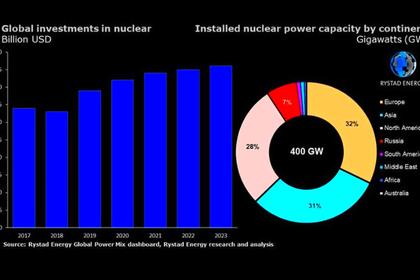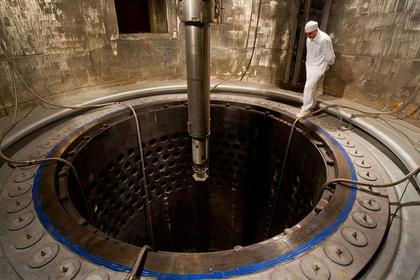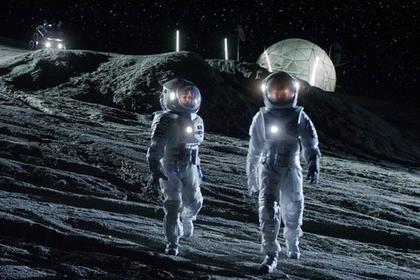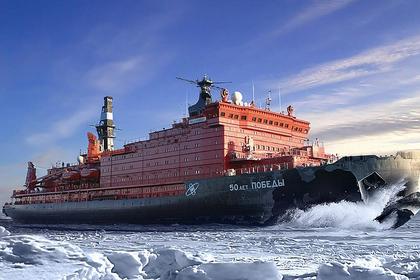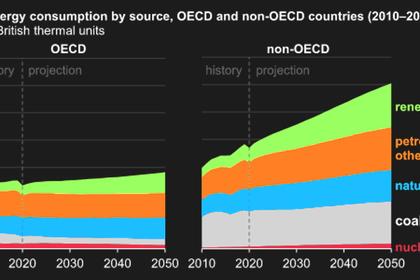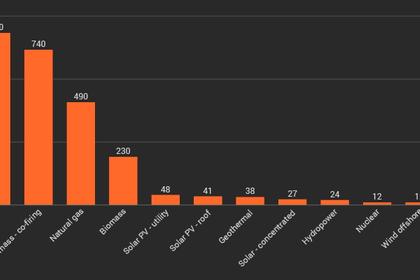
GLOBAL RUSSIAN NUCLEAR POWER
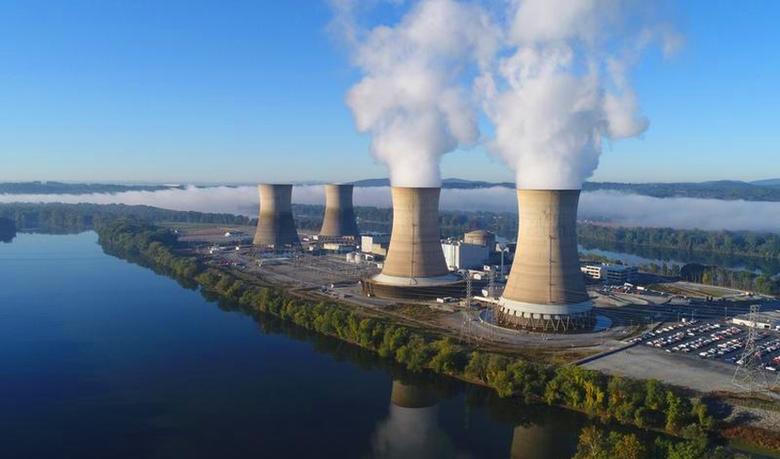
By GERMAN TORO GHIO CEO, Germán & Co
ENERGYCENTRAL - Mar 10, 2023 - Europe moved with startling speed to wean itself off Russian oil and natural gas in the wake of war in Ukraine. But breaking the longstanding dependency on Russia’s vast nuclear industry is a much more complicated undertaking.
Russia, through its mammoth state-owned nuclear power company, Rosatom, dominates the global nuclear supply chain. It was Europe’s third-largest supplier of uranium in 2021, accounting for 20 percent of the total. With few ready alternatives, there has been scant support for sanctions against Rosatom — despite urging from the Ukrainian government in Kyiv.
For countries with Russian-made reactors, reliance runs deep. In five European Union countries, every reactor — 18 in total — were built by Russia. In addition, two more are scheduled to start operating soon in Slovakia, and two are under construction in Hungary, cementing partnerships with Rosatom far into the future.
For years, the operators of these nuclear power plants had little choice. Rosatom, through its subsidiary TVEL, was virtually the only producer of the fabricated fuel assemblies — the last step in the process of turning uranium into the nuclear fuel rods — that power the reactors.
Since the invasion of Ukraine in February 2022, some European countries have started to step away from Russia’s nuclear energy superstore.
The Czech Republic’s energy company, CEZ, has signed contracts with Pennsylvania-based Westinghouse Electric Company and the French company Framatome to supply fuel assemblies for its plant in Temelin.
Finland canceled a troubled project with Rosatom to build a nuclear reactor and hired Westinghouse to design, license and supply a new fuel type for its plant in Loviisa after its current contracts expire.
“The purpose is to diversify the supply chain,” said Simon-Erik Ollus, an executive vice president at Fortum, a Finnish energy company.
Bulgaria signed a new 10-year agreement with Westinghouse to provide fuel for its existing reactors. And last week, it moved ahead with plans for the American company to build new nuclear reactor units. Poland is about to construct its first nuclear power plant, which will feature three Westinghouse reactors.
Slovakia and even Hungary, Russia’s closest ally in the European Union, have also reached out to alternative fuel suppliers.
“We see a lot of genuine movement,” said Tarik Choho, president of nuclear fuel unit at Westinghouse, adding that the Ukraine war accelerated Europe's search for new suppliers. “Even Hungary wants to diversify.”
William Freebairn, senior managing editor for nuclear energy at S&P Commodity Insights, said Russia’s march into Ukraine last year in some ways marked “a sea change.”
“Within days of the invasion,” he said, “just about every country that operated a Russian reactor started looking for alternate supply.”
In Ukraine, serious efforts to chip away at Russian nuclear dominance began in 2014 after President Vladimir V. Putin of Russia sent troops to occupy territory in Crimea and the eastern Donbas region. Ukraine, whose 15 Soviet-era reactors provided half the country’s electricity, signed a deal with Westinghouse to expand its fuel contract.
It took roughly five years between the start of the design process and the final delivery of the first fuel assembly, according to the International Energy Association.
Ukraine “blazed a commercial trail,” Mr. Freebairn said. In June, Ukraine signed annother contract with Westinghouse to eventually provide all its nuclear fuel. The company will also build nine power plants and establish an engineering center in the country.
Still, a worldwide turn away from Russia’s nuclear industry would be a slog: The nuclear supply chain is exceptionally complex. Establishing a new one would be expensive and take years.
At the same time, Rosatom has proved uniquely successful as both a business enterprise and a vehicle for Russian political influence. Much of its ascendancy is due to what experts have labeled a “one-stop nuclear shop” that can provide countries with an all-inclusive package: materials, training, support, maintenance, disposal of nuclear waste, decommissioning and, perhaps most important, financing on favorable terms.
And with a life span of 20 to 40 years, deals to build nuclear reactors compel a long-term marriage.
Russia’s tightest grip is on the market for nuclear fuel. It controls 38 percent of the world’s uranium conversion and 46 percent of the uranium enrichment capacity — essential steps in producing usable fuel.
“That’s equal to all of OPEC put together in terms of market share and power,” said Paul Dabbar, a visiting fellow at the Center on Global Energy Policy at Columbia University, referring to the oil dominance of the Organization of the Petroleum Exporting Countries.
As with oil and natural gas, the cost of nuclear fuel supplies has risen over the past year, putting more than $1 billion from exports into Russia’s treasury, according to a report from the Royal United Services Institute, a security research organization in London.
The American nuclear power industry gets up to 20 percent of its enriched uranium from Russia, the maximum allowed by a recent nonproliferation treaty, according to the International Energy Association. France imports 15 percent. Framatome, which is owned by state-backed nuclear power operator, Électricité de France, or EDF, signed a cooperation agreement with Rosatom in December 2021, two months before Russia’s invasion, that is still in effect. Framatome declined to comment.
And even with the slate of new fuel agreements in Europe with non-Russian sources, deliveries won’t begin for at least a year, and in some cases several years.
Around a quarter of the European Union’s electricity supply comes from nuclear power. With pending climate disaster prompting a worldwide push to decrease the overall use of fossil fuels, nuclear energy’s role in the future fuel mix is expected to increase.
Still, analysts argue that even without formal sanctions, Russia’s position as a nuclear supplier has been permanently compromised.
At the height of the debate in Germany last year over whether to keep its two remaining nuclear power plants online because of the war, their reliance on uranium enriched by Russia for the fuel rods emerged as one of the arguments against extending their lives. The last two reactors are to be shut down next month.
And when Poland’s Council of Ministers approved the agreement in November for Westinghouse to build the country’s first nuclear power plant, the resolution cited “the need for permanent independence from energy supplies and energy carriers from Russia.”
Mr. Choho at Westinghouse was confident about the company’s ability to compete with Rosatom in Europe, estimating that it eventually could capture 50 to 75 percent of that nuclear market. Westinghouse has also signed an agreement with the Spanish energy company Enusa to cooperate on fabricating fuel for Russian-made reactors.
But outside the European Union and United States, in countries where support for Russia’s government has held up, Rosatom’s one-stop shopping and financing remain enticing. Russian-built reactors can be found in China, India and Iran as well as Armenia and Belarus. Construction has begun on Turkey’s first nuclear power plant, and Rosatom has a memorandum of understanding with 13 countries, according to the International Energy Association.
As a new report in the journal Nature Energy concluded, while the war “will undermine Rosatom’s position in Europe and damage its reputation as a reliable supplier,” its global standing “may remain strong.”
-----
Earlier:
